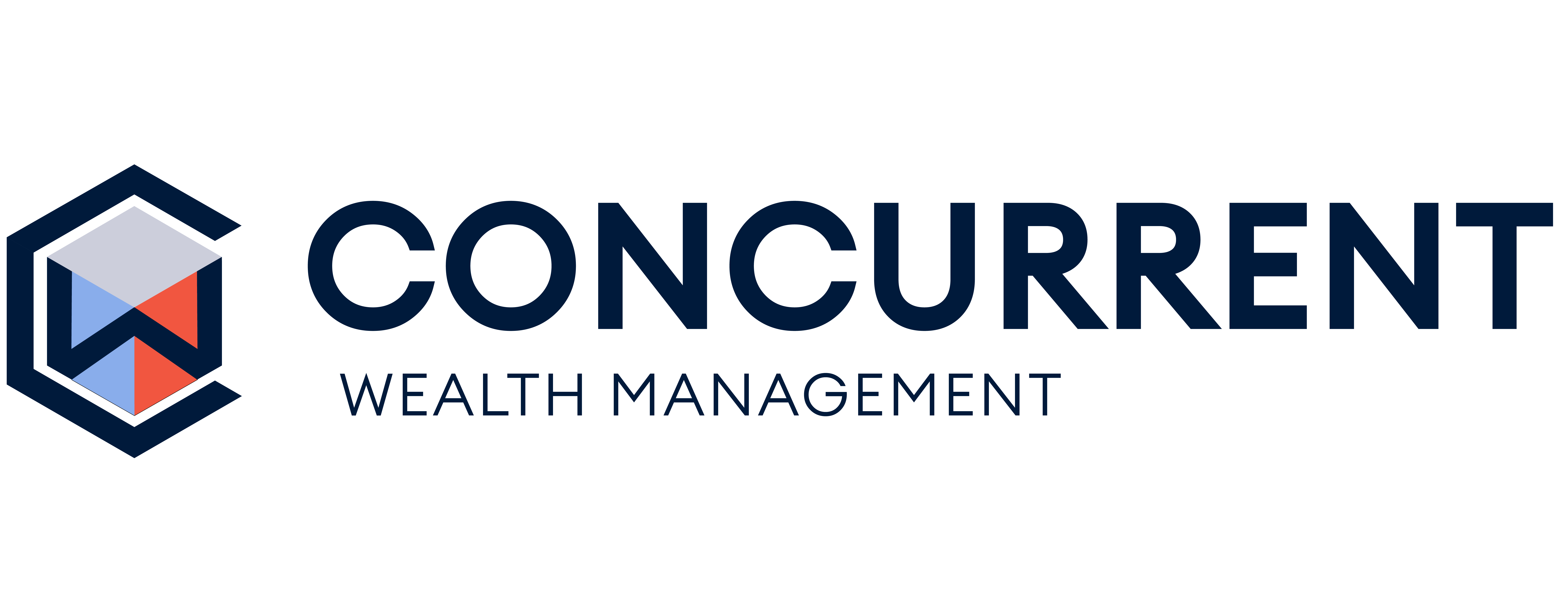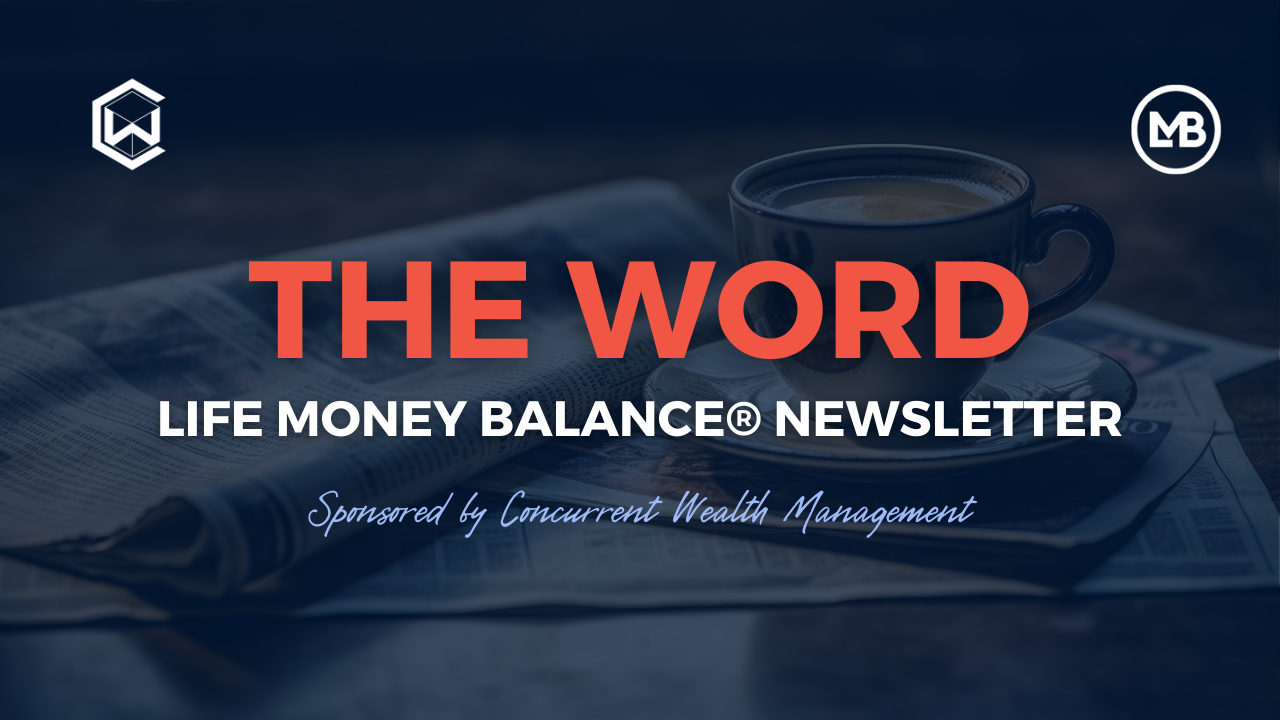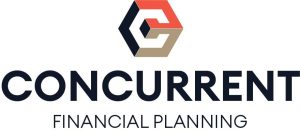As Generation X members approach retirement, the question of housing in retirement becomes much more significant than ever before. With many Gen X-ers looking to balance their desire for stability with their longing for freedom and flexibility, deciding on your housing in retirement is anything but simple. It isn’t just a financial decision, but a choice that reflects your lifestyle, values, preferences, and long-term goals.
Your housing choice significantly impacts your retirement planning, shaping both your financial strategy and lifestyle. Owning a home ties up assets and adds ongoing expenses that you need to consider, but it can serve as a valuable financial asset. Renting, on the other hand, can give you greater financial flexibility but sacrifices the potential for equity growth. Each option will influence the structure and focus of your retirement plan.
Whichever is the best decision for you, having preparations for your housing in retirement is crucial. You must have a plan that allows you to get the most out of your golden years. In this article, we will discuss the pros and cons of renting vs. owning a home to help you consider your housing options for retirement.
The Case for Buying a Home in Retirement
Many view homeownership as a cornerstone of the American Dream. It represents more than just a financial investment – it’s a symbol of stability, personal achievement, long-term security, and a legacy to pass on to future generations. As you approach retirement, it can be difficult to ignore the appeal of homeownership.
People often choose to buy a home in retirement, drawn to the allure of the sense of permanence, personalized living space, and home equity that can be passed down in their estate. Let’s take a closer look at some of the benefits and drawbacks of buying a home.
Pros of Buying a Home in Retirement
- Stability and Security: Homeownership can provide you with a sense of security that renting cannot match. When you own your home, it’s yours. You’re not at the mercy of a landlord, who can increase your rent and make decisions about your home. This stability can be particularly comforting for those who plan to operate on a fixed income in retirement and cannot afford unexpected rent increases. By knowing that your living expenses are relatively predictable, you can have much more informed financial planning.
- Building Equity: (This is a very big one!) One of the most significant financial benefits of homeownership is the ability to build equity over time. As you pay down your mortgage, you increase your ownership stake in the property, which can lead to substantial wealth accumulation as the value of the property increases. This can be a crucial financial resource in retirement, whether through a reverse mortgage, selling the property, or passing it down as an inheritance.
- Control: Owning a home gives you complete control over your living space. The property is yours to renovate, customize, and modify as you desire. As your tastes and needs develop, so can your home. The ability to personalize your space can enhance your happiness in retirement and can be particularly attractive if you have spent years living in rental properties with limited modifications.
- Potential Tax Benefits: While tax laws are always evolving and changing, homeowners may enjoy tax advantages like deductions for mortgage interest and property taxes. These tax breaks can help reduce your overall tax burden, which can enable you to allocate more capital to your retirement savings and, when the time comes, your retirement spending.
Cons of Buying a Home in Retirement
- High Upfront and Ongoing Costs: Buying a home is a significant financial commitment. You can tie up a lot of your capital when buying a home, between the down payment, closing costs, potential renovations, repairs, etc. Once you own the home, you have to consider ongoing expenses like property taxes, homeowner’s insurance, and maintenance – all on top of your mortgage payment. For Gen X retirees on a fixed income, these costs can strain your budget if not accounted for.
- Less Flexibility: Homeownership ties up a large portion of your assets in an illiquid investment. If you need your money, it’s very unlikely that you could sell the house and have cash in your hand the next day. While real estate can appreciate over time, downturns in value are also possible. This can be a major drawback for retirees who value flexibility and want to have access to their assets.
- Responsibility: When you own a home, you are your own landlord. You alone are responsible for the costs of repairs and maintenance – nobody else. Homeowners are responsible for routine upkeep and major repairs alike, which can become increasingly burdensome as you age. Ultimately, this can detract from the enjoyment of your retirement if you don’t want to be burdened with the associated time and financial costs.
- Market Risk: Real estate markets can be volatile, so there is no guarantee that your home’s value will appreciate. If the markets decline, you could lose equity in the home or find it challenging to sell the property at a desirable price, which could be especially concerning if you plan to sell the home to fund other aspects of your retirement.
Who Should Consider Buying a Home?
Buying a home in retirement is typically most attractive to those who value stability, control, and the potential for long-term financial gain. If you plan to stay in one place for an extended period, you can build equity and enjoy the benefits of homeownership without the disruption of moving. This option also may be desirable if you want to create a personalized living space and have the financial means to manage the associated costs.
If you value leaving a legacy, you may also find homeownership appealing, as it allows you to pass down a tangible asset to your heirs.
When it comes to making decisions about buying a home in retirement, it’s essential for you to carefully consider your financial situation, health, and long-term plans before making this commitment. If you prioritize liquidity and flexibility, or wish to avoid the responsibilities of maintenance, you may find that renting better suits your ideal lifestyle.
To learn more how you can align your finances with your personal goals, and read more content like this, click here.
Why Rent a Home in Retirement?
If you have the luxury of considering various options for your retirement, renting a home is a valuable decision to look at. Though buying a home may be an attractive option to many, there are many pros and cons of renting that you should acknowledge when choosing what’s best for you.
Pros of Renting a Home in Retirement
- Flexibility and Freedom: Renting a home provides an unparalleled level of flexibility for those approaching retirement age. If you value having the freedom to travel or explore new areas without the constraints of homeownership, renting may be a good option for you. As a renter, you can easily relocate to different cities, states, or even countries! This allows you to experience new cultures and environments without having to handle the burden of selling a property.
- Lower Responsibilities: As a renter, you have much less maintenance responsibility than a homeowner. When you rent, your landlord or property manager typically handles the cost of repairs and upkeep for the property. This can be a significant relief if you prefer not to deal with the hassle – or costs – of home repairs, yard work, and other maintenance concerns.
- Predictable Costs: While rent is subject to increase, renting typically comes with fixed rental payments for the life of your lease. This can make budgeting and accounting for your retirement funds much simpler and more predictable. Unlike homeowners, renters don’t have to shell out their case for fluctuating property taxes, unexpected costs, homeowner’s insurance, and home improvements.
- Amenities: Many rental properties offer access to amenities that may be expensive or impractical for homeowners. Think of things like fitness centers, swimming pools, outdoor recreation spaces, and social activities within the community. If you are looking to enjoy an active and engaged lifestyle in retirement, renting in a community with amenities can enhance your quality of life!
Cons of Renting a Home in Retirement
- No Equity: Unlike when you own a home, when you rent your home you do not build equity in the property. Your rent payments buy you access to stay there but do not work to purchase the home you’re living in. For those who look at homeownership as a significant wealth-building option, renting is a much less appealing option than buying a home. Over time, the money that you spend on rent does not turn into ownership or financial gain.
- Less Control: When you rent a home, you have less control over the space than if you were a homeowner. Customizing or renovating a rental property is typically limited by the terms of the lease and landlord preferences. If you make changes to your home outside of the terms of the lease, you may incur penalties from your landlord. If having a personalized living environment is important to you, renting may not be able to satisfy your needs in retirement.
- Potential Rent Increases: Rent can fluctuate based on market conditions, and landlords may raise rents periodically. This lack of price stability can make things difficult for retirees who are operating on a fixed-income in retirement. If you decide that renting is the right option for you, it can be detrimental if you don’t plan for the possibility of rising rent.
- Uncertainty of Lease Terms: Renters are not guaranteed their home for the rest of their lives. They are at the mercy of their landlords when it comes to lease renewals and may be asked to move if the landlord decides to sell the property to use it for other purposes. The terms of your lease are also subject to change as your landlord sees fit when renewing, which can create instability for retirees who have settled into a location that they love and have ties to.
Who Renting May Be Best For
Renting in retirement can be an attractive option for you if you prioritize flexibility and travel, don’t want to worry about maintenance responsibilities, or seek a more predictable monthly budget. Renting has less upfront and ongoing costs than buying a home, and frees up capital for other investment options.
If, in your retirement, you want to explore different geographic locations or experience various lifestyles without the commitment of homeownership, renting can provide the freedom you need to relocate as necessary.
Bottom Line
Deciding whether to rent or buy a home in retirement is a deeply personal choice that hinges on your lifestyle, financial goals, and long-term vision for your golden years. As an affluent Gen X member, you have the advantage of financial flexibility, allowing you to consider what truly matters to you in this next phase of life.
Ultimately, the decision to rent or buy should align with your retirement goals, financial situation, and personal preferences. For some, the freedom and ease of renting will outweigh the benefits of homeownership, while others may find the stability and potential legacy of owning a home more appealing. By carefully considering these factors, you can make an informed choice that enhances your retirement experience.
If you value stability, the idea of leaving a legacy, and the satisfaction of owning a tangible asset, buying a home may align with your retirement dreams. Owning a home can offer a sense of permanence, allowing you to establish roots, create a personalized living environment, and even pass down a significant asset to your heirs. The potential for property appreciation and the security of having a place to call your own can also be reassuring as you navigate retirement.
On the other hand, if you prioritize flexibility, a stress-free lifestyle, and the freedom to explore the world, renting might be your better option. Renting offers the ability to relocate easily, enjoy a worry-free living experience without the demands of home maintenance, and maintain a predictable budget. If you envision a retirement filled with travel, adventure, and new experiences, renting may provide the mobility and ease that ownership might not.
Both renting and buying a home come with their own set of pros and cons. There is no one-size-fits-all answer for your retirement housing options. It may be a good idea for you to consult a financial planner who understands the unique needs of Gen X retirees to help you consider all aspects of retirement planning.
You want to work with someone who helps you balance your financial plan with your lifestyle, taking a holistic approach to your personalized planning. At Concurrent Financial Planning, we help Gen X-ers prepare for retirement, now and every step of the way, so that they can find their Life Money Balance®.
If you want to meet with a professional to discuss what may be the best option for you, we encourage you to book a laid-back consultation – on us!





